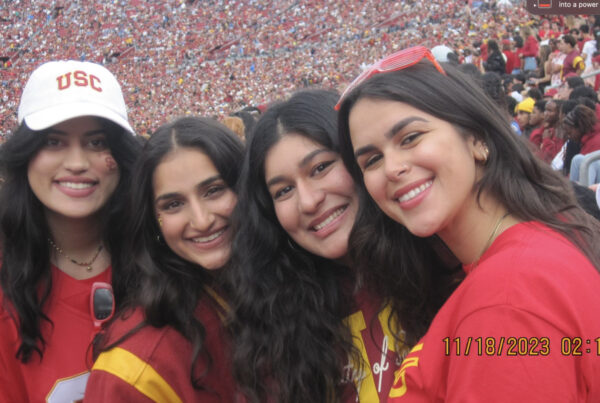They say ‘history repeats itself’. It’s a phrase implying that past events and actions tend to re-manifest one way or another. Since coming to college, I’ve made it a habit to reflect over my past decisions. When thinking about choices I’ve made, I sometimes wonder if I should’ve acted differently. It’s a natural feeling. But, as I’ve grow n older, I’ve learned more about the world around me. That has helped me make smarter, more effective choices. Recently, I had a conversation with a few Computer Science majors. We talked about where we stood today (as second year CS students) and what different choices we would have made if we could redo our first year. I will summarize a few of the more important pieces of advice.
Advice #1: Don’t be afraid to ask questions.
I know it’s intimidating to ask questions during lectures sometimes. It’s normal to not understand a concept 100% when you learn it for the first time. If you have a question, usually other people are confused too. Asking that question may help more people than just yourself. Professors truly want to help you succeed. Even going to office hours for a class afterwards to get your questions answered is better than not telling anyone at all. Asking questions will help you understand concepts better and will ultimately help you perform better on exams and in higher-level classes. Teacher Assistants (TAs) and Course Producers (CPs) are more than willing to help you too!

Advice #2: Get involved!
A big concern that many first and second year students have is that they don’t ‘know’ enough to contribute to a club, organization, or design team. Throw that concern out the window! As a student, it’s important to augment your in-classroom learning with ‘experiential’ learning. By simply getting involved (even if you don’t know anything) with a project, club, or design team, you can learn a lot by watching others. Though I’m a CS major, I’m a part of an organization called Songwriter’s Forum because I’m also interested in music. The group focuses on releasing music from USC students across streaming platforms, but I’ve personally learned a lot about music production simply by asking members to show me small tricks here and there. There are even workshops hosted to teach basic skills in Music Industry/Production. Most clubs at USC are like that. Organizations like USC’s RPL (rocket propulsion laboratory) take in interested students and teach them specific skills in the field that they choose. Getting involved with USC student organizations teaches you a lot that is hard to learn in a classroom setting.

(Bonus) Advice #3: Take time to process your thoughts.
It’s really easy to get swept away in the college lifestyle. From attending classes to performing research to rushing to a dining hall before closing time, I can always find myself busy doing something. Remember to take that occasional step backwards to think about what your life and career goals are. What steps do you need to take to get there? What do you enjoy about your current lifestyle? What do you want to change? College isn’t just about learning more, but it also shapes your future and changes you as a person. I encourage you to take a few minutes to slow down and think about yourself and who you want to be.

Reflecting back on these pieces of advice, they’re not really that computer science focused. In fact, they could be extrapolated to any engineering major or to any student at USC. Get involved and ask questions! Think about the direction you want your life to go in. This is YOUR education here at USC. This is YOUR life. Let’s make the most out of it!




